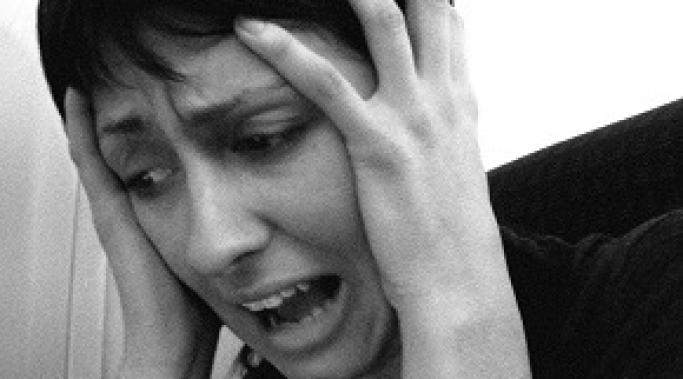Blogs
You need to maintain your addiction recovery, even while on vacation. Vacations should give recovering alcoholics and addicts a break from our routine, but not our addiction recovery. Maintaining a program of addiction recovery while vacationing is crucial for physical and psychological sobriety.
Dealing with mental illness stigma is manageable and I have learned this truth through the many experiences that I have had to face in my life (What Is Mental Illness Stigma?). However, it had been quite some time since I have felt severely stigmatized due to having bipolar disorder.
I am very open with the state of my mental health, and one of my main goals in life has been to eradicate mental illness stigma in every way possible. I even created the Bipolar Disorder Society of British Columbia, and I work immensely hard to provide assistance and education to people who are dealing with mental illness stigma. My hope is to truly instill in others that dealing with mental illness stigma is manageable.
Pick up any magazine, surf to any pop culture website or look at any advertisement and it's inevitable that you will see articles and photos and lists about how to have an awesome beach body.
There will be pictures of celebrities on the beach. Some photos will be laden with praise for how hot they look in their suits. Others will have body parts circled to point out imperfections (Binge Eating Disorder and Body Shaming). In a culture where no body is perfect enough and every body is up for debate, it leaves one wondering how you can have this mythical, awesome beach body.
It’s critical to know how not to take your bipolar hypomania irritability out on others, if that is one of your symptoms of hypomania (What's The Difference Between Bipolar Mania and Hypomania?). I wish I was one of those people for whom hypomania is a party, but I’m not. For me, I’m highly irritable, annoyed, anxious and agitated. But I know that this is part of my bipolar disorder so I try not to take my bipolar hypomania irritability out on others.
My name is Laura Barton and I am the new author of Surviving Mental Health Stigma Blog. I am a Canadian, writer of all sorts, lover of dystopian fiction, volunteer with the Canadian Body-Focused Repetitive Behavior Support Network, and a fan of tattoos, wolves and 1966 Batman.
I also live with mental health issues, some of which you’ve probably heard of and one that you might not have. Depression, anxiety and suicidal ideation have been a part of my life to different degrees, as has a disorder called excoriation (skin-picking) disorder, which I’m more likely to call dermatillomania. Living my way through these disorders and whatever hold they’ve tried to have on me, has shaped who I am today.
Perhaps no other relationships cause as much anxiety as our relationships with our parents. They are the people who've known us the longest and in some cases are the people who know us the best. But sometimes relationships with our parents trigger reactions that exacerbate our mental illness and cause us undue stress.
There are always going to be unexpected effects from anything, but there can be some unexpected effects from gastric sleeve weight loss surgery. Whether you get it to help you deal with binge eating disorder or not, this surgery will have a huge impact on what you eat, how you eat, and many other parts of your life. Here are some of the unexpected effects from gastric sleeve surgery.
Many people living with panic disorder wonder, "Why am I panicking?" Panic attacks can be frightening and frustrating and emotionally and physically painful; it makes sense to want relief from and help with panic attacks. After all, the symptoms of panic disorder are awful to live with. Even worse, sometimes it can seem like there's no reason for them, no explanation at all. When they continue to strike, seemingly out of the blue, it's normal to bemoan, "Why am I panicking?" Believe it or not, there can be multiple hidden trauma triggers and other reasons for panic attacks.
New trauma treatments are so important because trauma can affect nearly anyone. It does not distinguish on the basis of age, race, education, socioeconomic status, or sex.1 In fact, this unpredictability is one of the principal elements of trauma that make it so powerful. Trauma invades a person’s life and violates his or her fundamental sense of security and safety. Thankfully, the majority of people who experience traumatic events do not develop acute stress disorder, post-traumatic stress disorder (PTSD), or other trauma-related disorders. But for those who do, new trauma treatments are available.
Many of us live with people who don't understand our anxiety. About 18% of American adults live with an anxiety disorder.1 There are millions more all over the world who also have anxiety, which means that a lot of us live with people who don't understand our anxiety. Whether it's roommates, parents, spouses, or children, you may be living with people who don't understand (Lack of Understanding of Mental Illness). Here are some thoughts on how to cope better in that situation.








